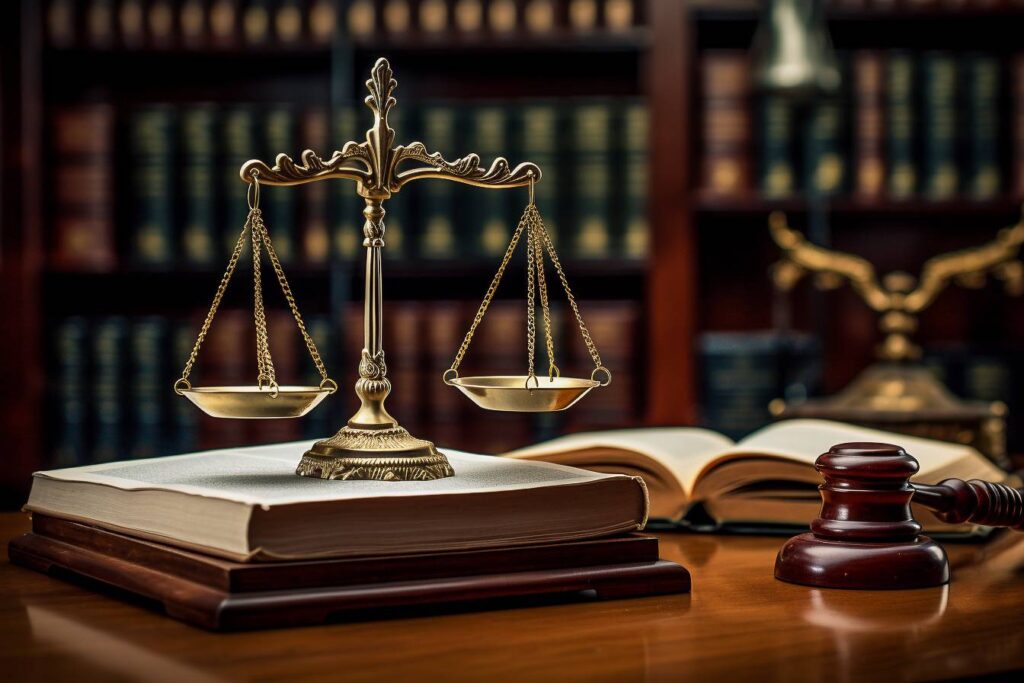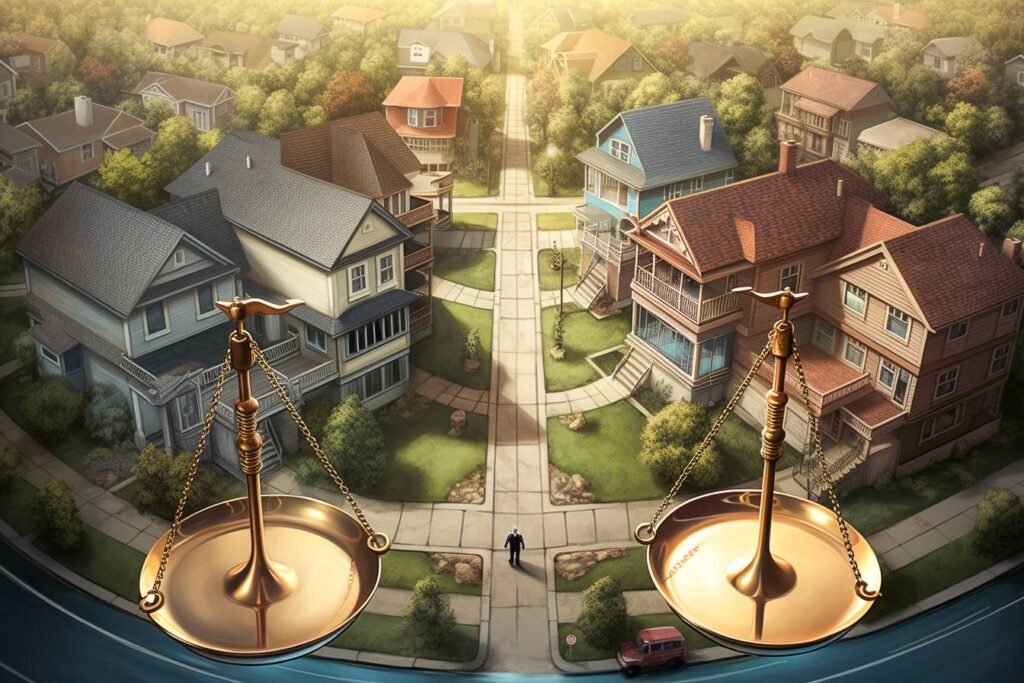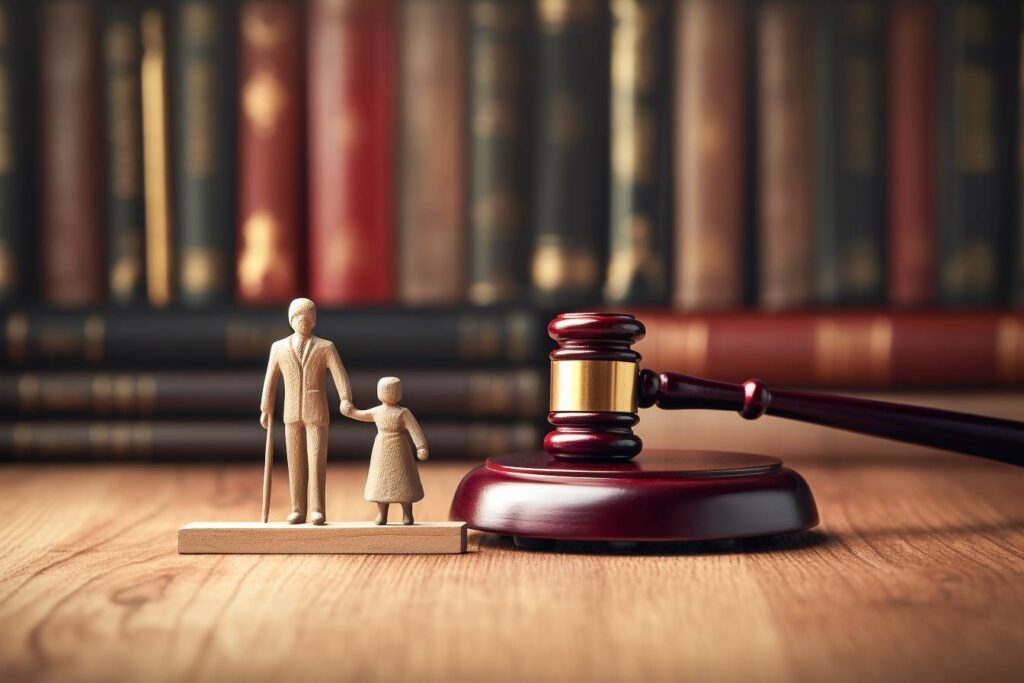The judicial system is a prerequisite for a just and well-governed society, acting as a mechanism for resolving legal disputes, delivering justice and upholding the rule of law. This complex system comprises a range of different institutions, processes and personnel that ensure the interpretation and application of the law, ensuring fair treatment of individuals and maintaining public order.
The judicial system must guarantee individuals a fair and impartial trial. This includes the right to a fair trial, legal representation and the opportunity to present evidence in their defense. The judicial system serves as a citadel of justice, tasked with protecting the rights and freedom of individuals.
The judiciary interprets and applies the law to specific cases. The legislative branch formulates laws, while the executive branch enforces them. The separation of powers is an essential feature of a functioning judicial system, designed to prevent one power from becoming overly powerful. The judiciary seeks to interpret the law in a way that is consistent with the values of society and adapted to the needs of the community it serves.
A well-functioning judicial system is essential to maintaining a just society. It upholds the rule of law, protects the rights of individuals and resolves legal disputes in a fair and impartial manner. However, it must be borne in mind that all these processes involve human beings, who are, above all, the weakest link in an ideally functioning judicial system, because human beings base their actions on emotions, and for them the laws are not written, i.e. the existing laws are broken.
Nor is the division of the judicial system absolute, i.e. not every country in the world has such a division and such an order of implementation, but the essence of every judicial system is the same: a just and well-governed society.




